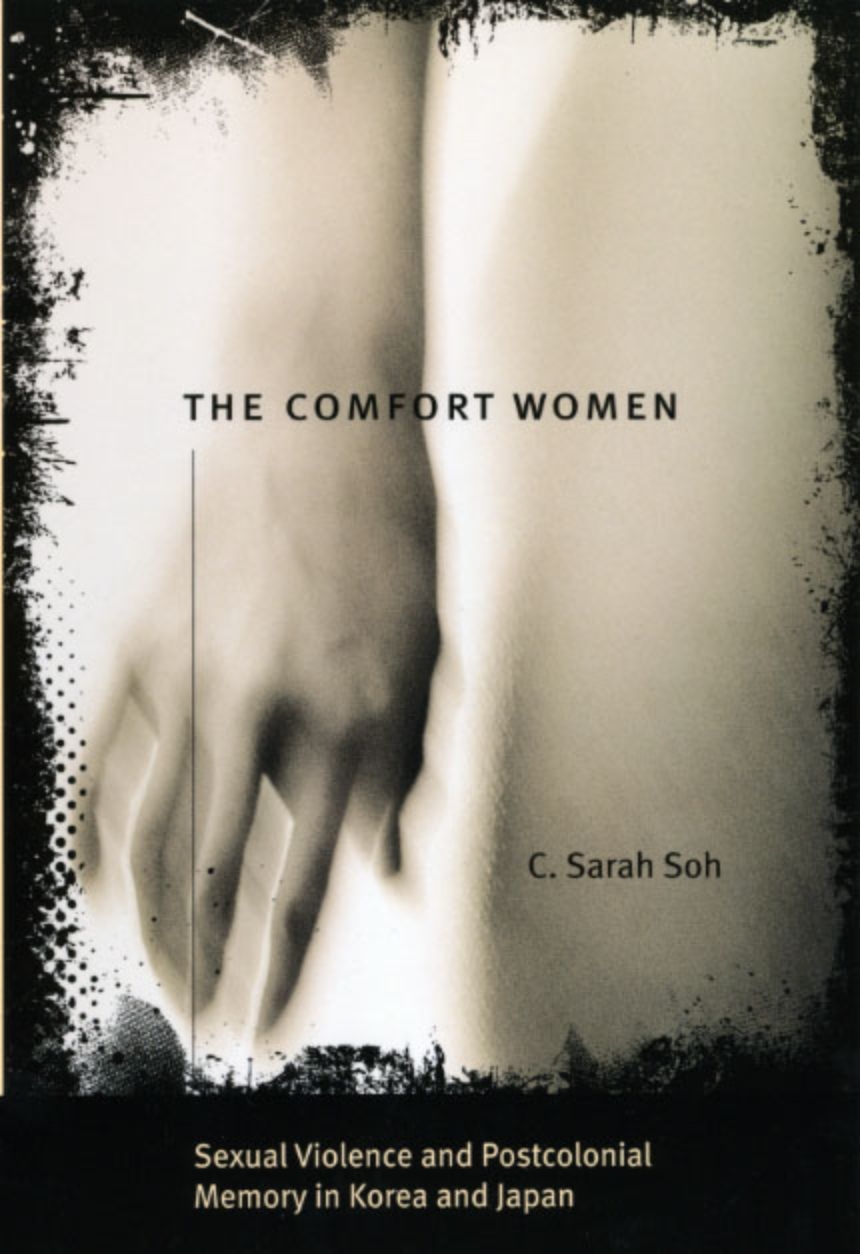The Comfort Women
Sexual Violence and Postcolonial Memory in Korea and Japan
The Comfort Women
Sexual Violence and Postcolonial Memory in Korea and Japan
A powerful debunking of simplistic views of a wartime tragedy
In an era marked by atrocities perpetrated on a grand scale, the tragedy of the so-called comfort women—mostly Korean women forced into prostitution by the Japanese army—endures as one of the darkest events of World War II. These women have usually been labeled victims of a war crime, a simplistic view that makes it easy to pin blame on the policies of imperial Japan and therefore easier to consign the episode to a war-torn past. In this revelatory study, C. Sarah Soh provocatively disputes this master narrative.
Soh reveals that the forces of Japanese colonialism and Korean patriarchy together shaped the fate of Korean comfort women—a double bind made strikingly apparent in the cases of women cast into sexual slavery after fleeing abuse at home. Other victims were press-ganged into prostitution, sometimes with the help of Korean procurers. Drawing on historical research and interviews with survivors, Soh tells the stories of these women from girlhood through their subjugation and beyond to their efforts to overcome the traumas of their past. Finally, Soh examines the array of factors— from South Korean nationalist politics to the aims of the international women’s human rights movement—that have contributed to the incomplete view of the tragedy that still dominates today.
384 pages | 16 halftones, 4 maps, 1 line drawing, 2 tables | 6 x 9 | © 2008
Worlds of Desire: The Chicago Series on Sexuality, Gender, and Culture
Anthropology: Cultural and Social Anthropology
Asian Studies: East Asia
History: Asian History
Women's Studies:
Reviews
Table of Contents
List of Figures and Tables
List of Maps
Prologue: An Anthropological Analysis
Acknowledgments
Note to the Reader
Introduction Gender, Class, Sexuality, and Labor under Japanese Colonialism and Imperialist War
PART 1 Gender and Structural Violence
Chapter 1. From Multiple Symbolic Representations to the Paradigmatic Story
Chapter 2. Korean Survivors’ Testimonial Narratives
Chapter 3. Japan’s Military Comfort System as History
PART 2 Public Sex and Women’s Labor
Chapter 4. Postwar/Postcolonial Memories of the Comfort Women
Chapter 5. Private Memories of Public Sex
Chapter 6. Public Sex and the State
Epilogue Truth, Justice, Reconciliation
Appendix: Doing “Expatriate Anthropology”
Notes
Bibliography
Index
Awards
The Society for East Asian Anthropology: Francis L.K. Hsu Book Prize
Honorable Mention
